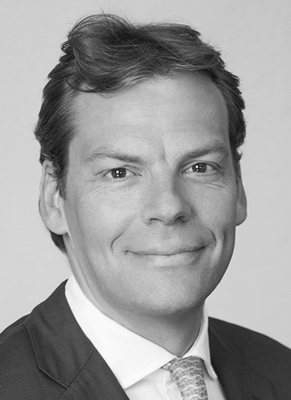Trading efficiencies now under the spotlight
All the forces of regulators, advisors and customers in the super and funds management industry point, inexorably, to further pressure on costs for all players. Areas which have not yet seen headline cost pressure from these forces are now likely to feel them.
A new white paper by Northern Trust, called ‘Catching the Wave: Global Outsourcing Trends Heading Down Under’ argues that trading costs represent the next likely cost pressure point for investors of all shapes and sizes. For both big super funds and managers, the paper argues, the global trend for trading is to outsource rather than insource.
The paper says: “With further pressure coming from the relentless rise of costs, technology investment, many super funds struggle to demonstrate the clear benefits of having investment management run by external managers. Some are responding by insourcing these funds, indexing a large proportion and running the active portions internally. To do this, however, they will face a number of challenges. “For example, setting up trading desks is costly and time consuming, especially now with the greater scrutiny imposed by the regulators. Appropriate reporting procedures and governance structures need to be put in place. Trading expertise and technology must adapt to more specialised and digital forms of execution and support cost transparency.
“While those with sufficient size and scale may still choose to work with external managers still choose to work with external managers or build on current capabilities, others might look to outsourced solutions for some or all of their trade execution and processing requirements.”
The authors say that super funds have realised that inhouse funds management may not only reduce costs and improve margins but may also drive best practice through enhanced risk management and asset allocation. They quote a KPMG study which estimates that two-thirds of super funds will insource investment management over the next seven years.
But the barriers to insourcing require a full understanding of all the costs. For instance, costs associated with the building and running of trading desks have “greatly increased” over the past few years. There are “headcount” costs with inhouse traders, versus outsourced specialists, opportunity costs and other transaction costs too. A study by consulting firm Oliver Wyman says that there have been cases whereby the costs on the execution side have been reduced by 25 per cent through outsourcing the trading functions. The paper says outsourced trading has developed to a scale where it is a viable solution even for very large funds.
“In the last 12 months we have noticed a dramatic shift in the financial industry,” said Rob Arnott, head of Asia brokerage at Northern Trust. “Funds of all sizes are being forced to seriously appraise their operating models. Cognizant of this backdrop, Northern Trust has been positioning its Capital Markets business to support these changes, including the recently launched Integrated Trading Solutions (ITS) for funds’ outsourced equities trading,” he said. “The forums in Sydney and Melbourne are for us to share our enhanced capabilities in the Region and discuss the emerging trends from a post MiFID environment.”
The publication of the white paper coincides with the launch in Australia of Northern Trust’s integrated trading solution and two investor seminars this week – in Sydney on April 3 and Melbourne on April 4 designed to discuss the emerging trends from a post MiFID II environment.
– G.B.
Note: Investor Strategy News and MSI Group are assisting in the organisation of the seminars. For further information on the events: contact Rob Arnott, on Email: [email protected]










